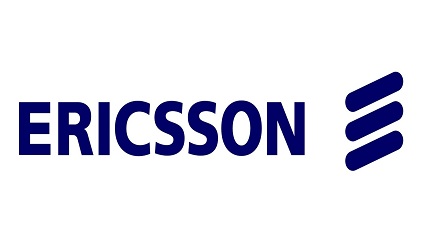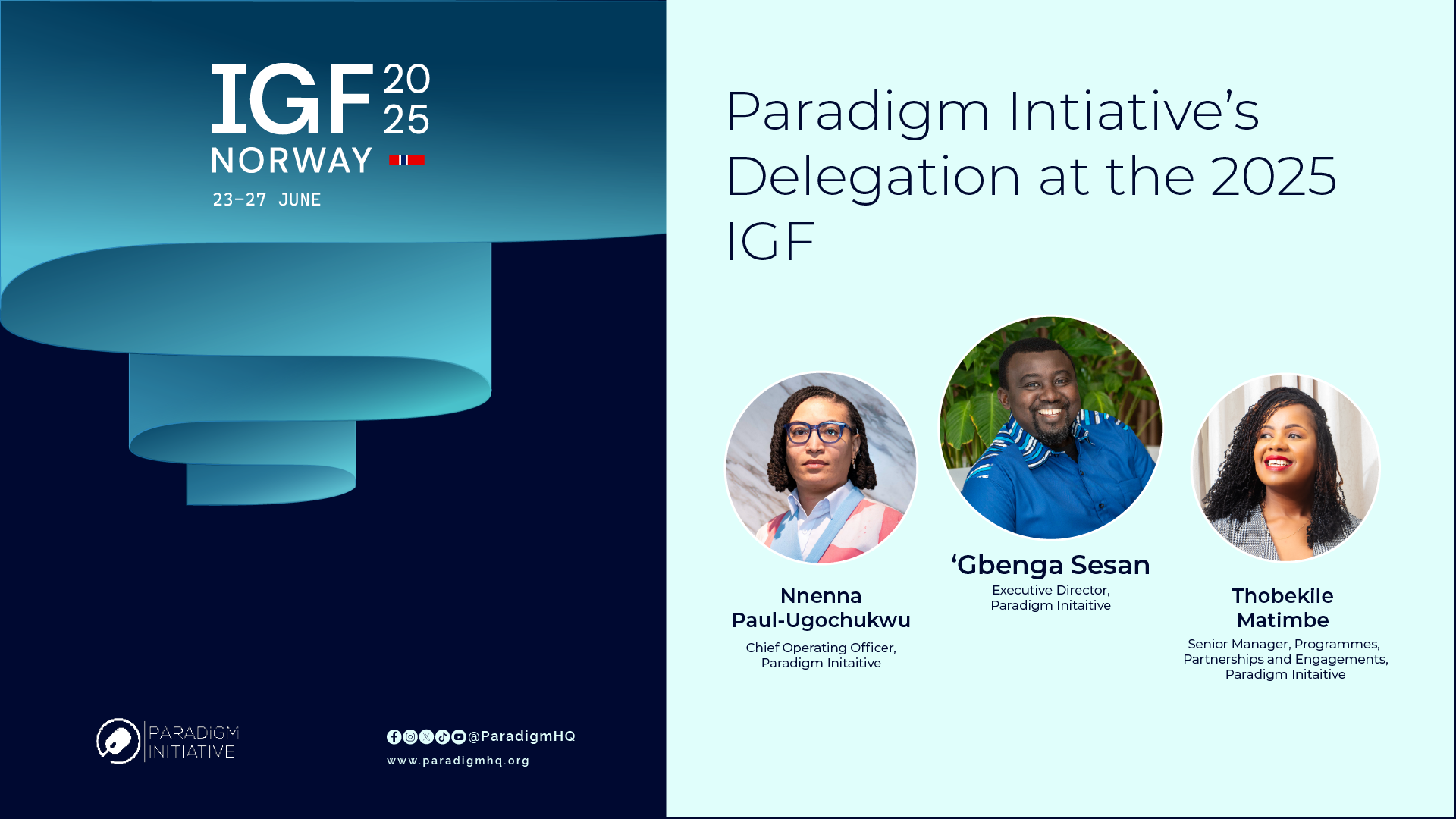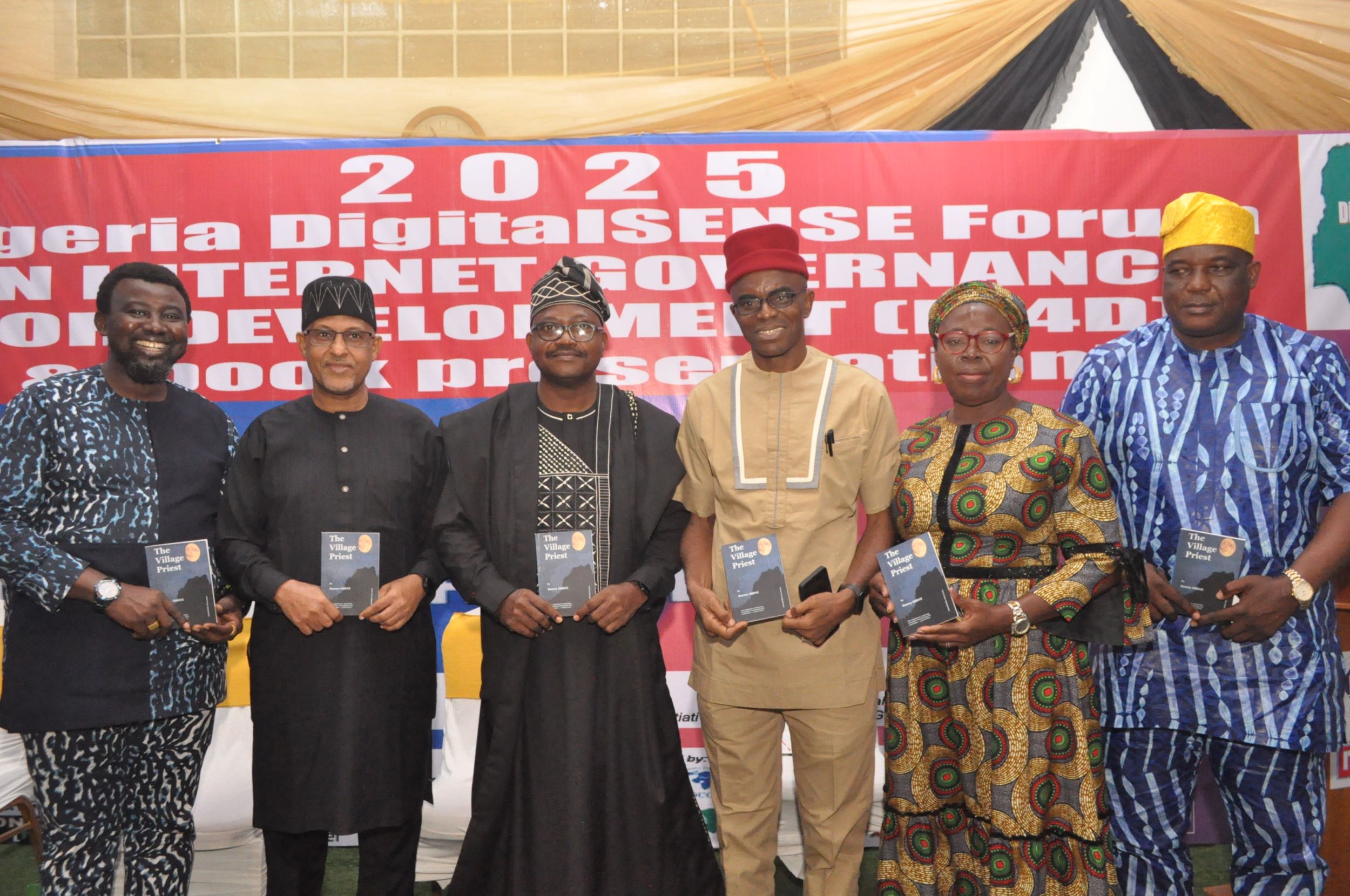Telecom
Ericsson First to Give Smartphone Users Indoor Boost with LAA

It is also believed that phone users spend more than 85% of their time indoors, however, a recent Ericsson ConsumerLab study conducted with more than 47,000 respondents across 23 countries revealed that only 41% are highly satisfied with their indoor experience when browsing or accessing social networks.
This drops to 36% for more data-heavy apps: watching video, TV or movies online.
Addressing this app coverage challenge, Ericsson has emerged the first Company to give smartphone users the benefit of concurrent access to both licensed and unlicensed spectrum, by delivering the first License Assisted Access (LAA) small cells.
LAA is an LTE-Advanced technology that can improve mobile data speeds and reduce congestion, benefiting all wireless network users.
Ericsson License Assisted Access, available in our small cell portfolio starting in fourth quarter 2015, enables carrier aggregation of licensed with unlicensed bands to effectively address growth in indoor data traffic.
Neville Ray, chief technical officer, T-Mobile US, Inc., said, “With our LTE footprint now covering 264 million Americans, we look to innovations like License Assisted Access to help us drive an even better, more differentiated wireless experience.
“There’s approximately 550 MHz of underutilized spectrum in the 5 GHz Unlicensed National Information Infrastructure (UNII) band and LAA is one of the technologies we plan to develop and use in our continuing efforts to provide our customers with superior network performance. We are excited to be working with major infrastructure partners, like Ericsson, to bring this technology to our customers in the near-future.”
Peter Jarich, vice president of Consumer and Infrastructure services, Current Analysis, also said, “In our discussions of future 5G networks, a number of themes are front and center: network function virtualization, small cell architectures, use of higher frequency bands, and licensed-unlicensed band aggregation.
“The License Assisted Access that Ericsson is integrating into its small cell portfolio clearly foreshadows this 5G future. Ultimately, it’s all about optimizing the network to support diverse consumer applications, diverse user locations (indoors and outdoors), and diverse device types – including future IoT (Internet of Things) demands.”
Using only 4% of the 5 GHz band, LAA can provide up to a 150 Mbps speed increase to smartphone users.
Each additional 4% of available spectrum used will increase the smartphone data speed further.
The LAA also incorporates fair sharing within the 5 GHz band, to accommodate traditional Wi-Fi users.
Fair sharing works on the principle that Wi-Fi and LAA users would have equal access to the spectrum.
Thomas Norén, vice president, Head of Radio Product Management, Ericsson, said, “Consumers, businesses and industries are all transforming through mobility, placing ever greater demands on finite spectrum resources. So, we are very focused on innovations that improve app coverage while making ultra-efficient use of spectrum. One of the great things about LAA is its ‘rising tide’ effect, increasing system capacity and making way for better service to all users in the area, whether they have an LAA-enabled device, or are using Wi-Fi or cellular access.”
By applying LTE standards to the 5 GHz spectrum also used for Wi-Fi, users enjoy the security, reliability and carrier-grade Quality of Service of LTE networks.
At the same time, all available wireless resources are optimized.
Ericsson is adding LAA to its indoor small cell portfolio including the Ericsson Radio Dot System for medium and large buildings and the Ericsson RBS 6402 Indoor Picocell for smaller buildings under 50,000 square feet.
Ericsson LAA builds on our leadership in both LTE-Advanced Carrier Aggregation and Wi-Fi/Cellular Real-Time Traffic Steering.
Ericsson is regarded as the driving force behind the Networked Society – a world leader in communications technology and services.
“Our long-term relationships with every major telecom operator in the world allow people, businesses and societies to fulfill their potential and create a more sustainable future.
“Our services, software and infrastructure – especially in mobility, broadband and the cloud – are enabling the telecom industry and other sectors to do better business, increase efficiency, improve the user experience and capture new opportunities.
With more than 110,000 professionals and customers in 180 countries, the Company combines global scale with technology and services leadership.
Telecom
Lebara, New Operator Enters Nigerian Telecom Arena, Sells Minutes, Not Airtime

Lebara Nigeria has officially stepped into Nigeria’s bustling telecom market with the introduction of its unique 0724 number series—a bold move that promises fresh competition and a more transparent user experience.

Leveraging its status as a Tier 5 Mobile Virtual Network Operator (MVNO), the company is positioning itself not just as another telecom player but as a catalyst for change, offering innovative packages built on fairness and clarity.
From day one, Lebara Nigeria has been ready to compete with industry giants like MTN, Airtel, Globacom, and 9mobile, having secured full interconnectivity with all of them.
This critical footprint ensures that its voice and data services are accessible and of high quality nationwide.
Akin Adesokan, Lebara’s chief operating officer, highlighted the company’s strategic intent: “Our readiness with the 0724 series and full interconnect setup underscores our unwavering commitment to seamless integration, customer freedom, and market inclusivity.” Indeed, the company has taken considerable steps to ensure regulatory compliance and operational strength, leveraging its global expertise as an MVNO and its freshly minted licence under the NCC’s highest tier.
What truly differentiates Lebara’s offering is its unconventional pricing model. Eschewing traditional prepaid airtime, it sells voice bundles and data packages that align with real usage, not ambiguous credit deductions. “You buy minutes, not airtime. If your call ends in 30 seconds, you still have 99 minutes and 30 seconds left. That’s the kind of clarity and control we are bringing to Nigerian telecoms,” explained Samuel Alabi, head of Corporate Communications.
This clarity responds to a long-standing frustration among Nigerians, where ₦100 airtime often disappears quickly and opaquely. Lebara’s minutes-based system offers predictability and transparency—a refreshing contrast in a market hungry for accountability.
Lebara’s entrance is more than a marketing exercise; it’s a strategic diversification of Nigeria’s mobile ecosystem.
With over 220 million active mobile lines, Nigeria is Africa’s biggest telecom consumer.
The NCC’s move to licence 41 MVNOs, including Lebara, illustrates a policy shift aimed at introducing more competition and improving service quality. Technically agile and digitally native, Lebara leverages existing network infrastructure, augmented by automated systems—a lean operation compared to the capital-intensive MNO model.
he status quo. With strategic execution and continued regulatory support, this could mark the beginning of a new chapter: one where Nigerians no longer need to ask, “Can you hear me now?” but instead say, “Yes—and I know exactly what it cost.”
Telecom
PIN Pushes for Equitable Digital Governance at World Internet Forum

As the 20th Global Internet Governance Forum (IGF) opens in Lillestrøm, Norway, leading pan-African social enterprise Paradigm Initiative (PIN) is championing grassroots voices in global digital policy discussions.

Running from June 23–27 under the theme “Building Digital Governance Together,” the IGF unites stakeholders from civil society, governments, the private sector, and technical communities to tackle pressing digital issues such as access, AI ethics, surveillance, and content moderation.
The discussions also contribute to the upcoming World Summit on the Information Society (WSIS)+20 review in December 2025.
PIN’s participation comes at a time when digital governance decisions are increasingly shaping the future of billions. “It is essential that grassroots solutions are heard,” said ‘Gbenga Sesan, Executive Director of PIN. “At PIN, we believe that meaningful digital inclusion requires more than just connectivity.
“It demands inclusive, progressive and sustainable policies and frameworks built taking the realities of grassroots stakeholders into consideration.”
Representing PIN at IGF 2025 are Sesan, Chief Operating Officer Nnenna Paul-Ugochukwu, and Senior Manager for Partnerships and Engagements Thobekile Matimbe. They will engage in strategic sessions on topics like connectivity in excluded communities, AI accountability in content moderation, and human rights in emerging tech.
The team will also participate in coordination meetings with partners including Meta, UNESCO, the Freedom Online Coalition, and GPD.
PIN’s presence at the forum underscores its ongoing mission to embed digital rights within grassroots realities and to ensure that global internet governance frameworks are inclusive, accountable, and responsive to the needs of marginalised communities.
Telecom
Remmy Nweke’s “The Village Priest” Garners High Praise from Tech Community

Information and Communications Technologies (ICT) stakeholders have applauded the latest in bookshelf by Remmy Nweke, the Village Priest, which was presented at the recently concluded Nigeria DigitalSENSE Africa Forum on Internet Governance for Development (IG4D) in Lagos.

The presentation and review of the book, “The Village Priest” by Ogbuefi Remmy Nweke, largely described as a powerful narrative explored the intersection of tradition and innovation in rural Igboland, received widespread acclaim, with its themes resonating deeply with the event’s focus on ‘Global Digital Compact: Opportunities for Multi-stakeholders in Nigeria.’
The highly anticipated review was delivered by Mr. ‘Gbenga Sesan, Executive Director of Paradigm Initiative (PIN), a renowned social entrepreneur and advocate for digital rights and inclusion in Africa.
Sesan lauded Nweke’s prose fiction for its insightful portrayal of “innovative technology adaptation transforming rural communities,” describing it as “a careful work of cultural documentation, offering not just a story but a chronicle—a record of transition that many rural and even urban African communities continue to live through.”
Sesan’s review highlighted the book’s central character, Ogboo AniEze, the revered chief priest of Ilimefo, whose life is dedicated to preserving his village’s customs. The narrative unfolds as “the village and its people, their traditional practices and strong cultural heritage at the crossroads!” with the arrival of GSM technology—a “strange and mysterious piece of technology” that initially challenges Ogboo AniEze’s traditional views.
The review detailed the chief priest’s journey of reconciliation, from initial fear of GSM eroding cultural heritage to a profound understanding that the technology “also offered opportunities for growth, development, and connection with the wider world.” This transformation leads to a new era of harmony in Ilimefo, where “tradition and modernity coexisted in balance.” The book beautifully illustrates how mobile phones become “a powerful tool for preserving the village’s cultural heritage” and how interfaith collaboration, particularly with Catholic priest Fada Ekie, fosters a “fusion of traditions” and a “new spiritual identity.”
“It teaches us, without preaching,” Sesan concluded, “that true innovation is not in abandoning our roots, but in strengthening them with new tools.”
This year’s Nigeria DigitalSENSE Forum, was presided over by Dr. Jimson Olufuye, former President of the Information Technology (Industry) Association of Nigeria and a member of the UN Secretary-General’s IGF Multistakeholder Advisory Group (MAG), served as a crucial platform for discussing the future of digital governance.
Olufuye also commended the author, Nweke for his perseverance in serving the ICT industry as well as endearing documentation of the sector.
For the Managing Director, Internet Exchange Point of Nigeria, Mr. Muhammed Rudman, the latest book by Nweke depicts the gift of in depth creativity and urged him on, despite the challenges the sectorial environment throws at industry players.
Organized by ITREALMS Media and hosted under DigitalSENSE Africa (DSA), an At-Large Structure certified by ICANN, the forum brought together key partners including the Nigerian Communications Commission (NCC), Internet Exchange Point of Nigeria, Internet Society Nigeria chapter, Association of Licensed Telecoms Operators of Nigeria (ALTON), and ICANN.
The NDSF series, running since 2009, continues to “motivate public discourse and create awareness on the technological cum business benefits of rapidly advancing technologies capable of impacting on Internet Governance, Internet Protocol (IP) addresses and domain name industry, access and affordability,” while offering a vital platform for industry networking.
The event not only celebrated the literary achievement of Ogbuefi Remmy Nweke, a multiple award-winning journalist, but also reinforced the commitment of ICT stakeholders to fostering digital inclusion and innovation across Nigeria.

 E-Business21 hours ago
E-Business21 hours agoOver 7m Streaming Accounts’ Credentials were Leaked in 2024 – Report

 Telecom2 days ago
Telecom2 days agoMTN Says New N6.98 USSD Charge Won’t Affect Airtime Recharge

 E-Financial21 hours ago
E-Financial21 hours agoS&P Global Ratings Downgrades Ecobank Nigeria’s Credit Rating to CCC-, Outlook Negative

 Telecom21 hours ago
Telecom21 hours agoPIN Pushes for Equitable Digital Governance at World Internet Forum

 General News2 days ago
General News2 days agoStudy Reveals 7% of Industrial Organizations Tackle Vulnerabilities Only When Necessary

 Telecom2 days ago
Telecom2 days agoNnaemeka Ani Calls on African Techies to Rewrite the Narrative

 Telecom21 hours ago
Telecom21 hours agoLebara, New Operator Enters Nigerian Telecom Arena, Sells Minutes, Not Airtime

 E-Financial2 days ago
E-Financial2 days agoSofri Rejigs Digital Platforms for Better Customer Experience


























